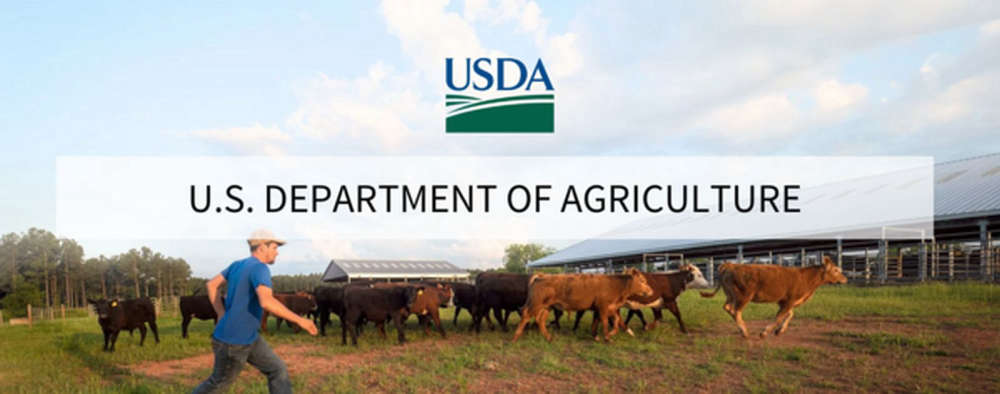
Under U.S. Secretary of Agriculture Brooke L. Rollins’ leadership, American dairy producers will have greater market access as Costa Rica has approved the first U.S. dairy facility to be registered under their new streamlined approval process. The Trump Administration continues to break down non-tariff barriers, and this latest action is the first of many wins ahead for American dairy producers.
“Under President Trump’s leadership, USDA is putting Farmers First. Securing greater market access for American dairy farmers is a much-needed win for the U.S. dairy industry and will give our producers better increased access to a $130 million market in Costa Rica. I look forward to continuing to Make Agriculture Great Again by breaking down trade barriers and opening new markets for our farmers and ranchers around the globe,” said Secretary Rollins.
On May 22, Costa Rica’s National Animal Health Service (SENASA) officially approved the first American dairy cooperative for export to Costa Rica, making it the first U.S. dairy facility to be registered under the new streamlined approval process that eases market access for U.S. dairy products. This first registration paves the way for future U.S. dairy exports to Costa Rica, a $60 million market in 2024, that could have been lost if the Trump Administration was not able to navigate their new process.
This Make Agriculture Great Again trade win comes on the heels of other major efforts from the Trump Administration to expand market access for American producers. In the last two months, USDA’s Foreign Agricultural Service (FAS) has worked with India to reduce tariffs on U.S. Bourbon imports by 50 percent, resulting in a likely $2 million increase in distilled spirits exports to India in 2025.
USDA has also worked with Panama to exempt U.S. pork from Panama’s import quota mechanism and Pakistan to eliminate its arbitrary genetically engineered ban on U.S.-grown soybeans, resulting in the immediate sale of 65,000 metric tons of U.S.-grown soybeans in the country.
The FAS efforts to expand market access also included working with Japan to lift the mandatory aflatoxin testing requirements on U.S. almonds, resulting in a likely eight to 10% increase of U.S. almond exports to Japan annually.


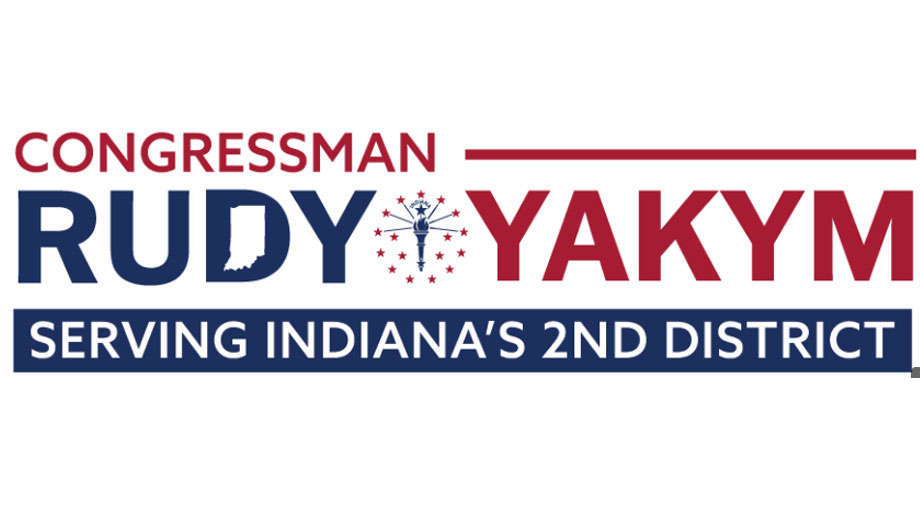 U.S. Rep. Yakym: “Taxpayer dollars should go to what works, not what wastes”
U.S. Rep. Yakym: “Taxpayer dollars should go to what works, not what wastes”
 Six sentenced in sweeping multi‑million‑dollar cargo heist
Six sentenced in sweeping multi‑million‑dollar cargo heist
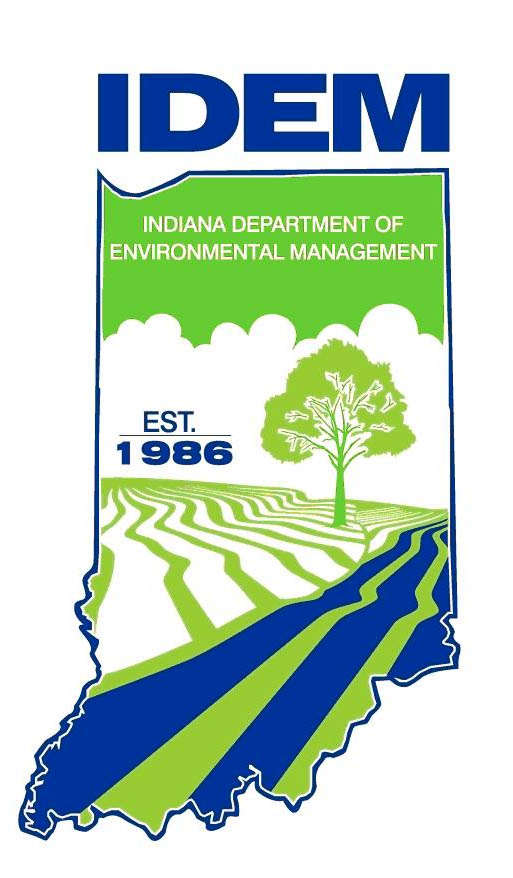 Indiana nears 100% lead service line inventory submissions; among nation’s leaders
Indiana nears 100% lead service line inventory submissions; among nation’s leaders
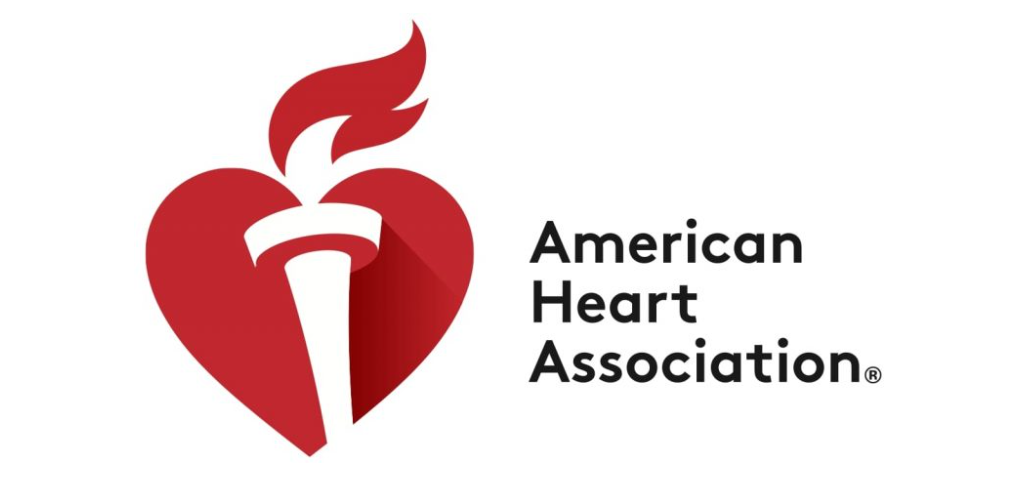 Hoosiers to advocate to keep school CPR/AED requirements
Hoosiers to advocate to keep school CPR/AED requirements
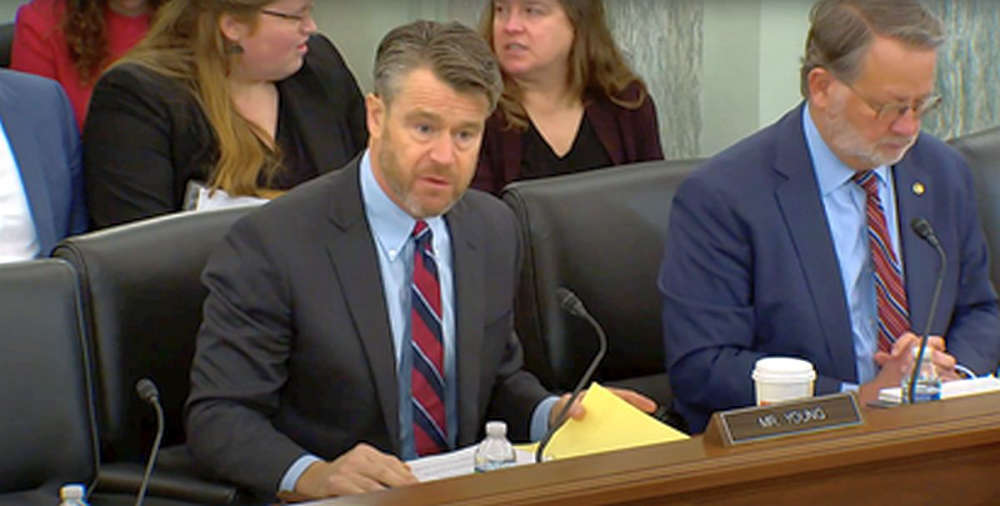 U.S. Senator Young, colleagues introduce resolution in support of International Religious Freedom
U.S. Senator Young, colleagues introduce resolution in support of International Religious Freedom
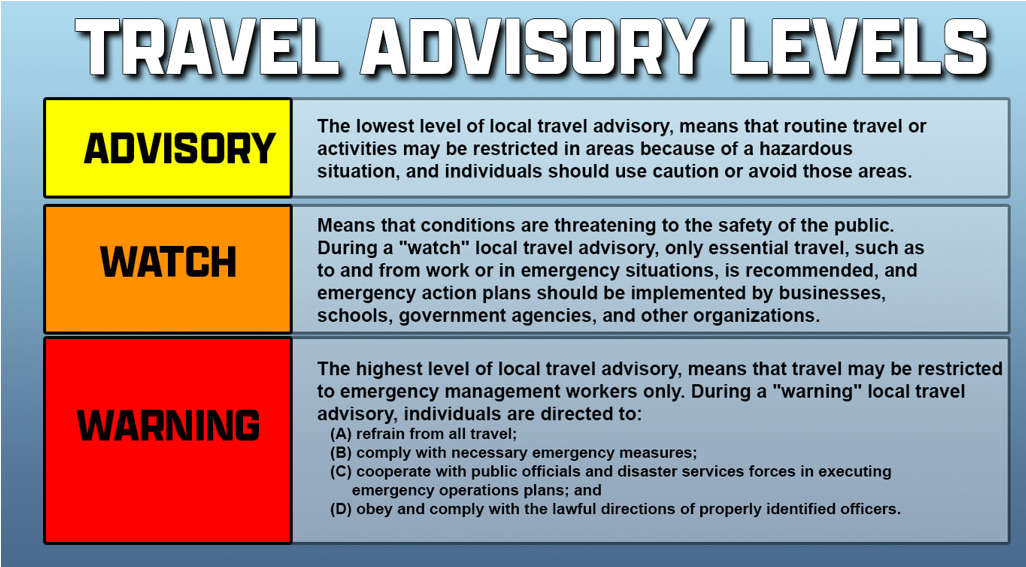 Marshall County Returns to Travel Advisory
Marshall County Returns to Travel Advisory
 Indianapolis woman jailed after leading Indiana State Troopers on pursuit in Marshall County
Indianapolis woman jailed after leading Indiana State Troopers on pursuit in Marshall County
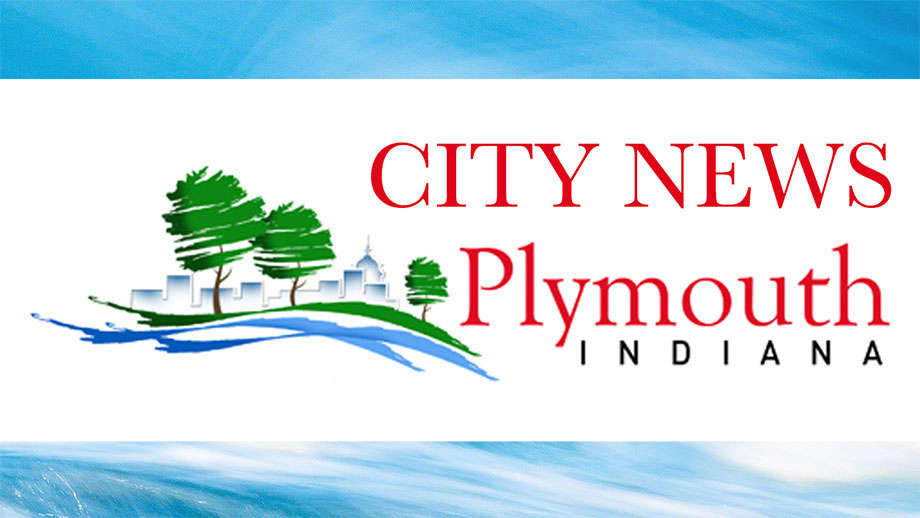 Plymouth City Council considers fee for non-emergency calls to residential care facilities
Plymouth City Council considers fee for non-emergency calls to residential care facilities




